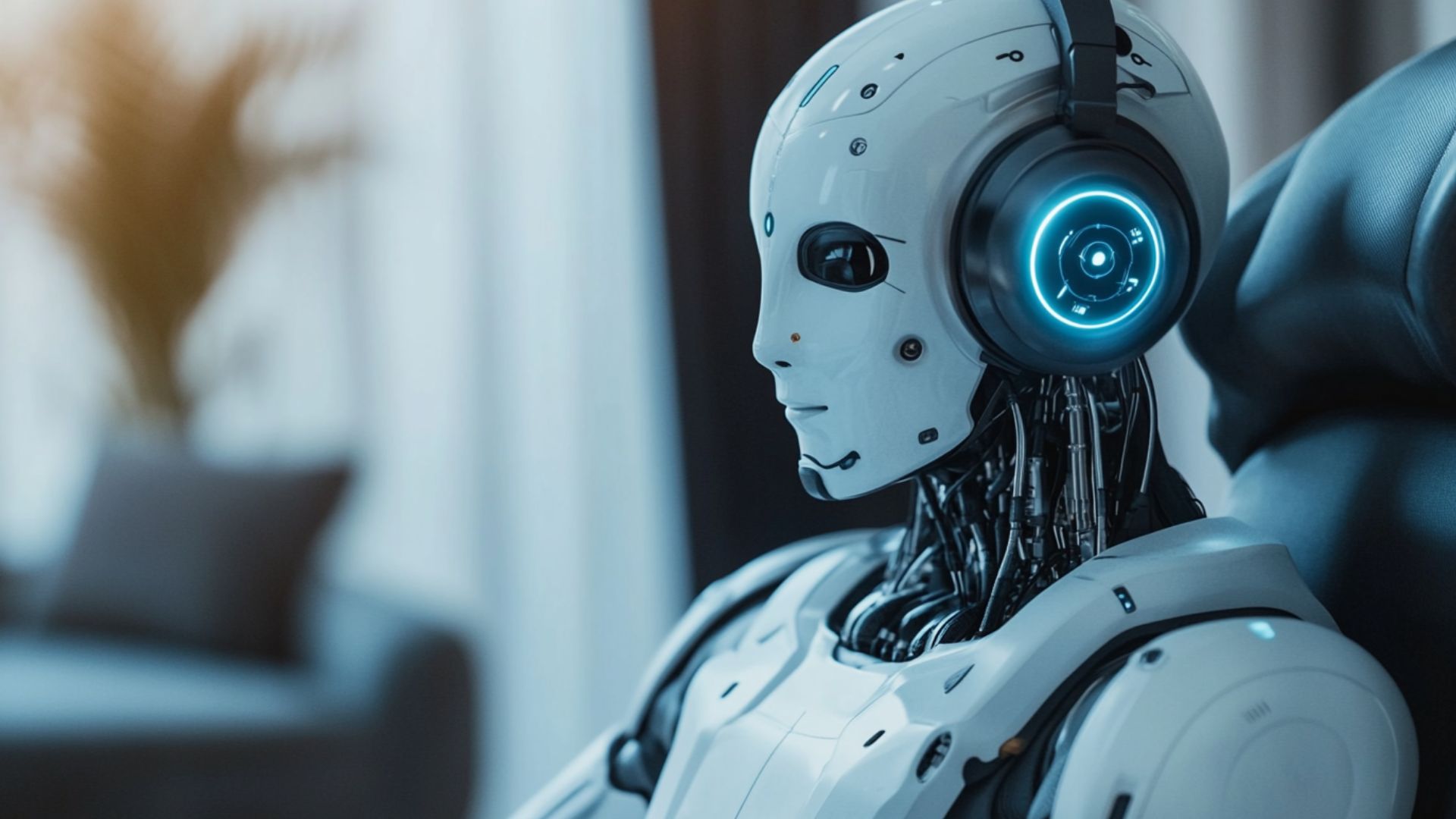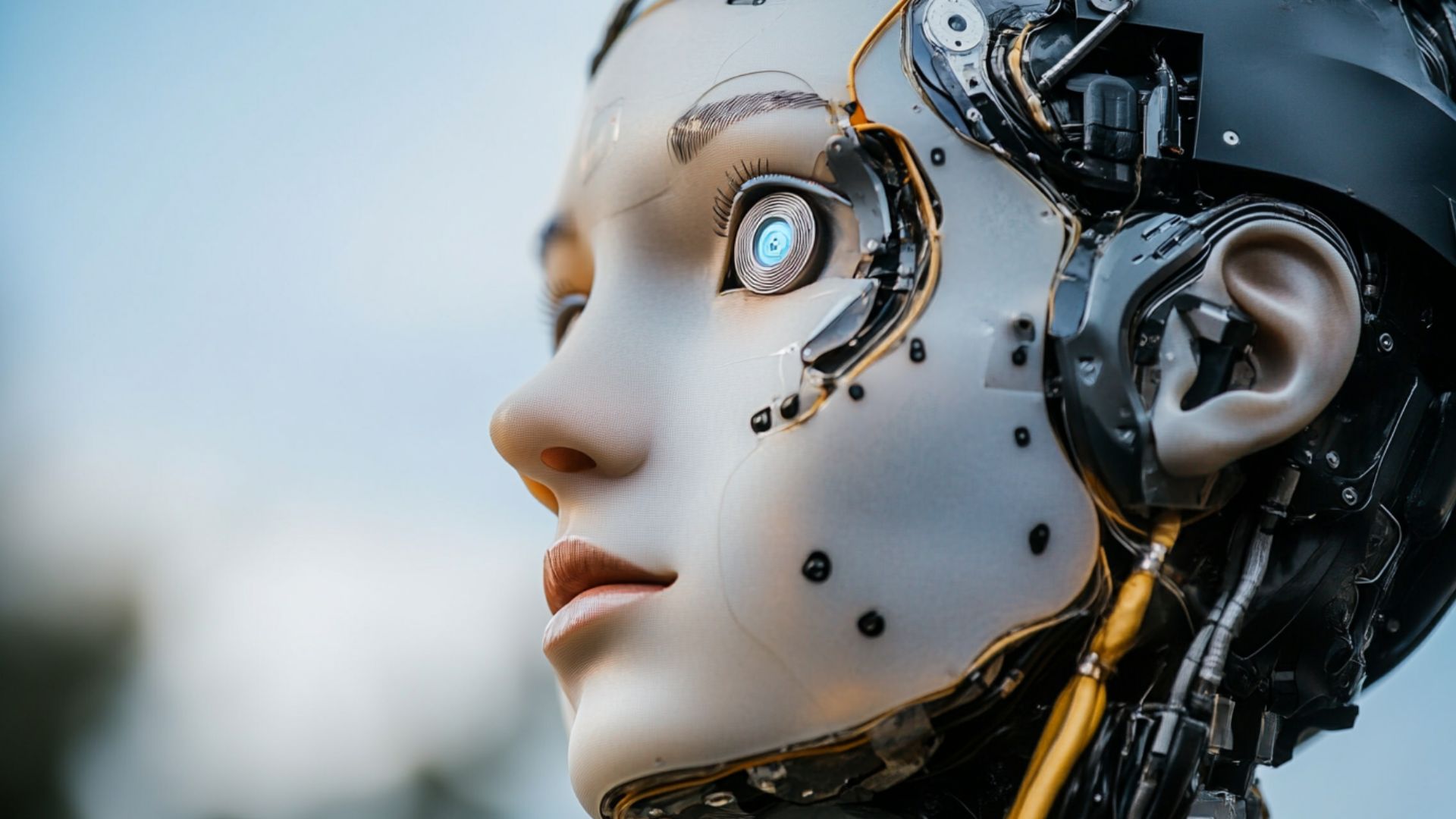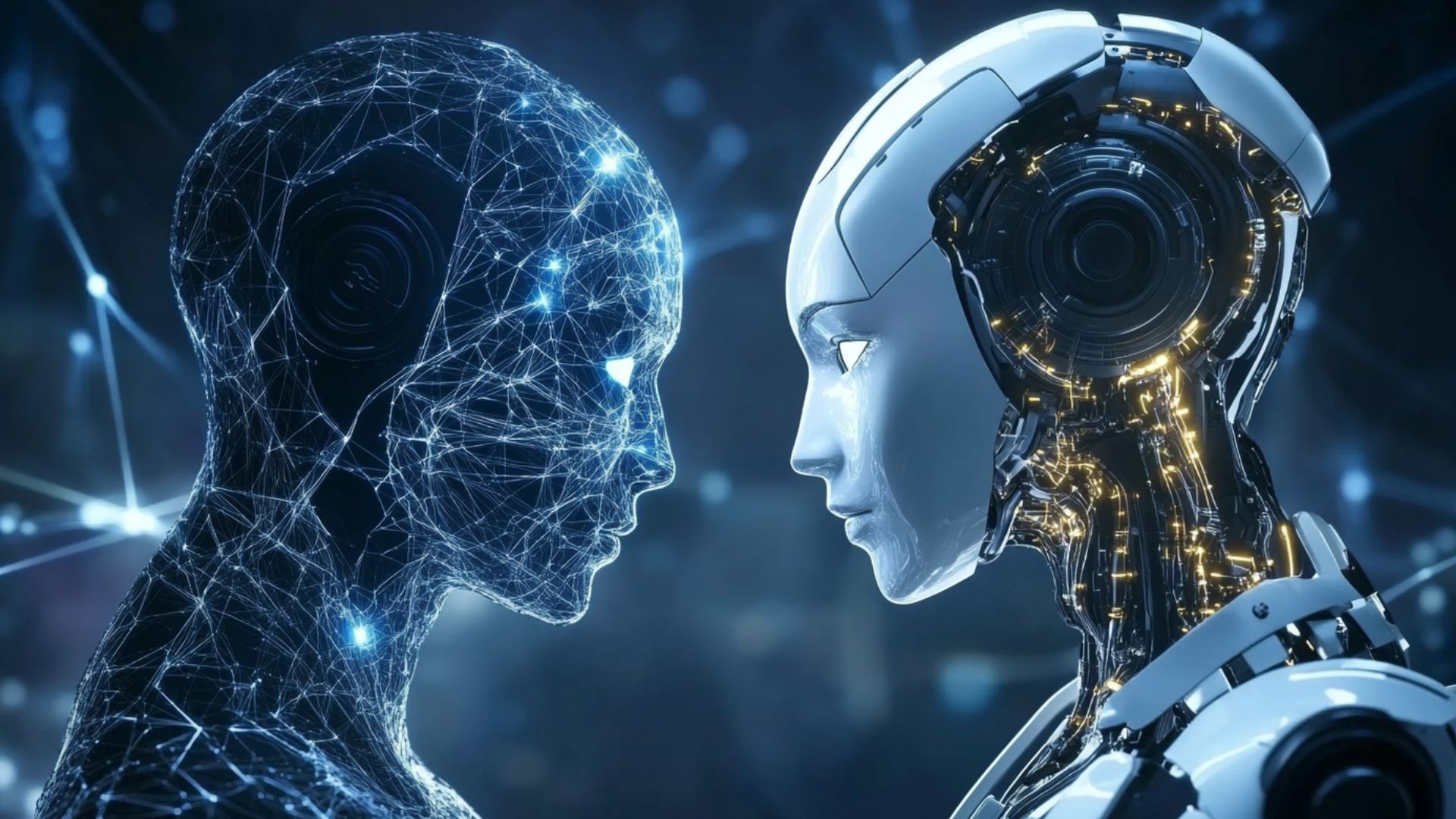AI Dental Receptionists vs. Traditional Staff: Which Is Better?
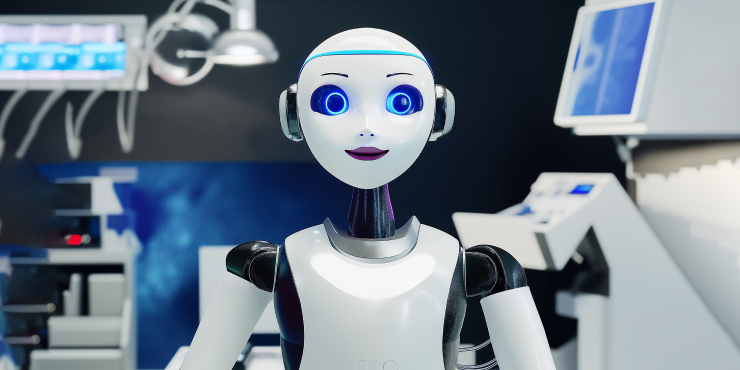
Dentistry is an integral part of everyone's life. Everyone dreams of a beautiful smile and healthy white teeth. Dental practices strive to provide high-quality care and treatment to patients. The modern world is constantly evolving and trying to automate in most areas. Dentistry is no exception, thanks to an improved workflow. Front desk staff handle appointments and process insurance claims. Human receptionists cannot work 24/7 or handle multiple patients simultaneously. Automation proves that artificial intelligence is an integral part of society. Denti AI solutions like virtual receptionists are optimized for many dental practices.
AI-based systems work around the clock and provide support to any person. They can collect customer data and make appointments. They are also responsible for reminders and checking insurance. In addition to these tasks, virtual assistants play an essential role in the clinic. Employees can complete critical tasks without focusing on routine tasks. Understanding the differences between traditional staff and AI solutions is important. Dental answering services are evolving to provide higher quality customer support. Realizing the strengths of this assistant, most companies are implementing it in their work. A virtual assistant is the best solution for a clinic to optimize its work.
The Role of a Dental Receptionist: Responsibilities & Challenges
The role of a dental receptionist is vital for a dental clinic. A skilled receptionist plays a vital role in improving and optimizing office workflows. At the front desk, they schedule appointments, monitor patient visits, and maintain records. Their responsibilities include providing excellent customer and patient service 24/7. In addition to answering routine calls, the dental receptionist is the point of contact for clients. They perform a wide range of different duties with high quality. As a result, patients are satisfied and have a pleasant experience. Here is the key information about their responsibilities and challenges:
Main responsibilities:
- Appointments. Denti AI manages and schedules appointments. They can book and reschedule appointments depending on the patient's preferences. A major advantage is managing the dentist's schedule and maintaining accurate records. During this process, conflicts are avoided, and work is optimized.
- Communication with patients. An essential part of a receptionist's job is greeting and assisting patients. They respond to various patient inquiries regarding treatment prices and insurance. The receptionist addresses patients' concerns and helps ensure a positive experience.
- Insurance verification. A key responsibility is verifying insurance coverage. They help process claims and handle payments for services. They can explain insurance policies and provide helpful answers to patients' questions.
Common problems:
- Workload. A dental virtual receptionist functions differently from a traditional front desk staff member. Receptionists must multitask, handling everything from phone calls to paperwork. Often, for live receptionists, such work leads to stress and exhaustion.
- Human error. Humans can make errors when scheduling appointments or verifying insurance. No matter how experienced an administrator is, they can make an accidental mistake.
- Limited availability. Unlike virtual receptionists, traditional receptionists work during business hours. They have a limited schedule and cannot work 24/7.
The Human Touch: Strengths of Traditional Dental Receptionists
Dentist answering services significantly impact both patient experience and operational efficiency. AI and machine learning have many advantages and are being applied in many areas. However, traditional humans in dentistry have a significant role to play. They are an indispensable key to patient care and experience. Human receptionists provide the empathy and emotional connection that patients often need. This advantage over automated systems is significant.
- Personalized patient interaction and empathy. Human receptionists offer a personalized welcome at the beginning of each patient visit. They greet patients and familiarize them with the procedures in a live setting. Unlike dentist answering service, human receptionists can customize their communication style. They recognize patients, their condition, and their feelings and can help them. Doctors can customize the patients' comfort and keep them as potential clients. Traditional receptionists offer emotional support that automated systems can’t provide. Before treatment, traditional doctors can calm the patient down and cheer them up a bit.
- Dealing with difficult or emotional situations. Automated systems in dentistry answer frequently asked questions. They can make appointments and work 24/7 to satisfy the client. However, there are certain difficult situations where they cannot help. For older people or children, live communication is essential. The dental virtual assistant can't provide the emotions that nervous people need. Traditional doctors have a calm conversation and encourage patients before the procedure. They can address any questions about bills and insurance in a live format. For emergencies, traditional receptionists quickly assess the entire situation and provide a response.
Limitations of Human Receptionists in a Modern Dental Office
Human receptionists and administrative staff are an indispensable part of the dental field. However, despite their responsiveness and ability to support patients, they have their drawbacks. Dental clinics are continuously improving and reaching new levels of service delivery. Implementing AI solutions allows dental practices to maximize their operational benefits. The virtual dental receptionist is becoming more popular and has its advantages. This is why relying solely on human receptionists may no longer be the most cost-effective solution for clinics:
- High operating costs. The first disadvantage is the ongoing expense of employee salaries and bonuses. Training staff requires significant investment to ensure proper qualifications. Workspace and equipment also cost a lot of money.
- Sick leave and vacations. Sick leave and vacation are another problem for dental clinics to invest in. Sick leave and vacation leave lead to staff shortages. Another problem is breaks during shifts and high staff turnover. Constant recruitment and retraining costs a lot of money.
- Human errors. Dental AI software is built on an exceptional basis to avoid and minimize errors. For traditional administrators and dentists, human errors are part of the job. Sometimes, double booking of appointments or forgetting a confirmation can happen. Dentists may maintain incorrect data about a patient and their treatment. Billing and insurance are another issue where mistakes are sometimes made.
- Limited working hours and response time. Dentists and receptionists work during their designated business hours. They can't provide answers and be in touch with patients 24/7. Unlike a dental phone answering service, response times can be delayed during long queues. Traditional dentists can't handle multiple cases simultaneously and without making mistakes.
AI Dental Receptionists: How They Work and Their Benefits
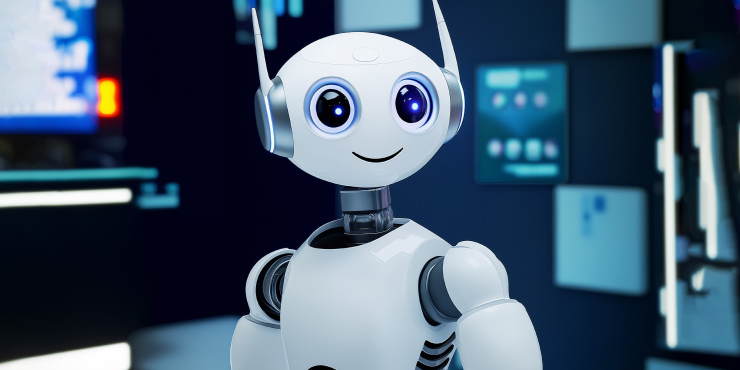
AI dental receptionists are increasingly supplementing or replacing traditional front desk staff. Artificial intelligence-based systems improve any field, especially dentistry. Intelligent systems use speech recognition and automation for productivity. Here's how AI-powered administrators work in dentistry:
- Natural language recognition and processing. AI systems understand patient queries and provide a reasoned response. They can communicate via phone, messaging platforms, or through voice assistants. They know the patient's language and can interact well with them.
- Automation. A significant advantage of AI-powered receptionists is automation. Patients can reschedule, cancel, or make appointments. Integration with dental AI software is an excellent practice in dentistry. It becomes possible to update appointment days in real-time.
- 24/7 availability. AI receptionist systems are available 24/7 for patient support. Patients can make appointments and get answers to their questions at any time. An inherent advantage is the ability to resolve insurance and billing issues instantly.
Virtual reception systems are notable for their cost-effectiveness and reduced error rates. Investing in these systems will help save money on employee training and salaries. The systems require a one-time setup and provide high-quality services. An AI dental receptionist eliminates any mistake in the schedule and appointment. It gives accurate verification of patients' bills and insurance.
Enhancing Efficiency: AI’s Role in Patient Scheduling & Calls
AI-powered reception systems offer many benefits to dental practices. They revolutionize the dental industry and increase its efficiency. Patients get a good experience through timely appointments and good communication. Automation of scheduling, reminders, and real-time updates adds a lot of value. This is how an AI-powered dental call-answering service improves appointment management:
- AI systems allow patients to book and reschedule their appointments at any time. AI offers the best time slots for patients.
- Automatic appointment reminders and recording options are a significant advantage. They come via email, phone, or voice call. Patients can transfer and manage these recordings themselves for comfort.
- Updates and synchronization with best practice software are performed. The systems help reduce errors and minimize double bookings. After a reservation is canceled, the systems offer the patient another possible date.
- The answering service for dentists eliminates all lost opportunities for patients. Instead of voicemail, it can answer any questions and make appointments.
Automation of scheduling and call processing is a significant advantage for clinics. Artificial intelligence reduces any burden on staff and allows them to do equally important work. Human error is minimized during the work. Patients receive quality services and remain clients of dentistry. Investing in reliable AI reception systems creates opportunities for practice growth.
AI and Patient Experience: Can Technology Replace Human Interaction?
Dental call answering service is reaching a new productive level of service delivery. AI-based dental receptionists have their advantages. They help to improve the profitability of a dental clinic. Their significant advantage is meeting the needs of patients and providing a good patient experience. However, there is a question of whether artificial intelligence can replace human labor in patient interaction. AI is indeed characterized by efficiency and automation as opposed to human power. It is more accessible and practical for optimizing work. Here's what you should know about AI's ability to understand and respond naturally:
- The answering service for dentists is an integral part of communicating with patients. Speech recognition and contextual understanding enable communication with patients. Artificial intelligence understands voice commands and provides a specific response.
- The significant advantage is personalized responses to the patient's needs. AI accesses patient information and data based on past actions. It adapts its responses depending on the patient's needs for a good experience.
- AI integrates with software and provides multilingual support. It can communicate with people in different languages to create a comfortable experience. Patients, in turn, get a great experience and the opportunity to be understood.
The virtual dental receptionist is an indispensable tool for optimizing work. It is essential to understand the comparison between human interaction and AI. Traditional human conversations provide more emotional support, unlike artificial intelligence. Understanding the advantages and disadvantages of both sides can lead to a great conclusion.
| Interaction of artificial intelligence | Traditional human conversations |
| Artificial intelligence is excellent and fast at handling large, routine tasks. However, it cannot express the emotions that a patient needs during a conversation.AI works 24/7 and provides feedback immediately. However, it cannot provide the support that a patient needs at the moment.The initial investment will pay off all future expenses and show its performance. However, it takes more time to build a more emotional and friendly relationship with customers. | A traditional administrator expresses all emotions and provides individual support. However, it takes longer to complete tasks and requires more time.People can adapt to complex and challenging situations. However, the significant disadvantage is the inability to communicate with patients throughout the day.Unlike AI systems, human employees need regular salaries and sick leave. However, despite the constant investment, they build stronger relationships with patients. |
Cost Analysis: AI vs. Human Dental Receptionists
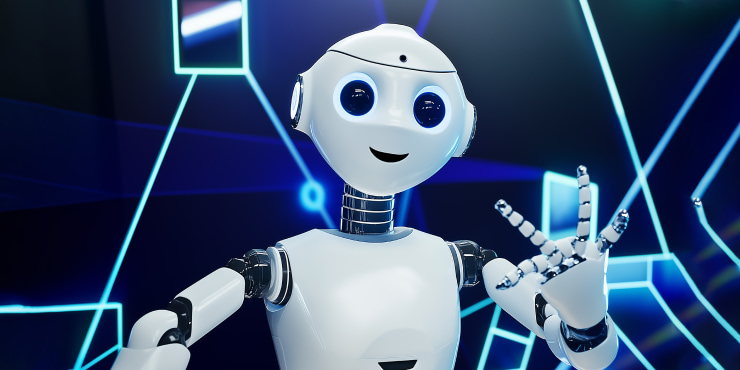
For a dental clinic, it is essential to consider the cost of using artificial intelligence and human staff. Taking these factors into account is crucial for productivity. Artificial intelligence offers long-term financial benefits with good results. Employees provide individualized services with emotional context.
- Salaries and training costs. In contrast to dentist answering services, training and retaining an employee is a high cost focus. The salary is about 35-50 thousand dollars per year. Employee benefits also represent a significant expense. Training and adaptation for long-term work costs about $4,000, including resources. Ongoing retraining and rehiring costs add up quickly.
- Subscription to AI software. The use of virtual receptionists means an initial investment in development for the future. A one-time expense of $1000 to $5000 is charged for admin setup. The usual monthly subscription costs from $300 to $1,500, depending on the settings. The dental office phone system requires minimal maintenance. Unlike human staff who need benefits, vacations, and sick leave.
The use of artificial intelligence allows you to have financial advantages. They consist of reducing the cost of wages throughout the entire time. An initial investment in artificial intelligence will save hundreds of thousands of dollars over the years. Artificial intelligence and virtual receptionists work 24/7 and provide round-the-clock support to people who need it. Continuous development and improvement of this model will allow us to enter the world of actual technology. A dental virtual receptionist is reaching a new level of service delivery. It offers accessibility, language understanding, and personalized support.
Scalability and Adaptability: Which Option Grows with Your Practice?
With the growth of the dental business and scalability, the settings change in the course of work. Choosing artificial intelligence will allow you to adapt to many clients. Artificial intelligence can interact with customers 24/7 at any convenient time. Ordinary staff do not have such an opportunity because they are limited. It is essential to understand the issue of scalability and adaptability in the modern era of dental services.
- A significant advantage of artificial intelligence is the ability to process and scale data volumes. A dental phone answering service can handle many patients without any problems. The systems can handle multiple calls simultaneously while maintaining high-quality service. Workflows are automated and integrated with the software. Systems can send reminders to patients about appointments or their cancellations. A significant advantage is the availability of 24/7 support and high-quality service.
- Traditional employees outperform artificial intelligence in terms of emotionality. However, unlike a dentist answering service, traditional staff is not scalable. They can't take more than one call at a time. This requires increased investment and higher personnel costs. Another negative feature is limited availability with a fixed schedule. Traditional staff have working hours and can't work 24/7, and constant sick leave, vacation, and salaries cost a lot of investment.
It is important to assess all the risks and benefits of AI and traditional administrators. A dental virtual assistant will provide scalable work and perform many routine tasks. It offers 24/7 operation and the ability to handle and minimize any errors. However, live staff can express reliable and practical support and establish human contact.
The Future of Dental Reception: Will AI Replace Humans?
Artificial intelligence technologies are changing every year. Introducing AI-based systems into dental practices has excellent potential for the future. AI-based administrators increase efficiency and reduce maintenance costs. However, they cannot fully meet the needs of customers. Live staff provide holistic care depending on the emotions and condition of patients. The future of dental reception likely involves a combination of AI and human staff.
- Dental answering service bring efficiency by performing repetitive tasks such as scheduling appointments and confirming insurance. They will be able to answer any patient queries and set reminders.
- Most dental clinics use a blended approach with artificial intelligence and human staff. The systems perform routine tasks while the staff focuses on patient care. A well-integrated approach will help clinics achieve greater success.
A remote dental receptionist will be a reliable option for clinics that do not plan to scale. Small practices are focused on using one system to meet the needs of customers. Medium and large clinics use a holistic approach and a mixed system. Live staff communicates with people and provides services. Artificial intelligence, in turn, handles routine questions, inquiries, and insurance.
